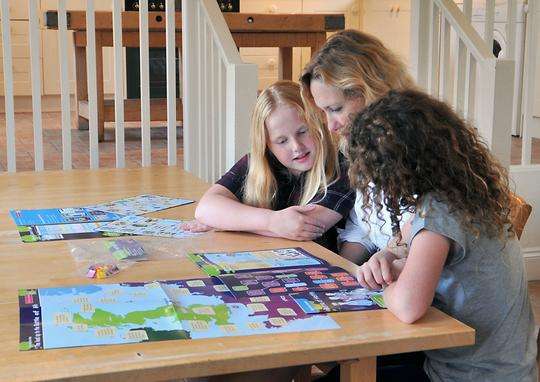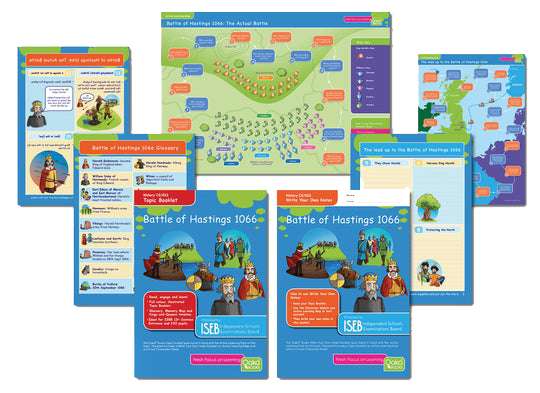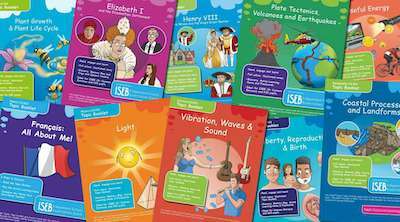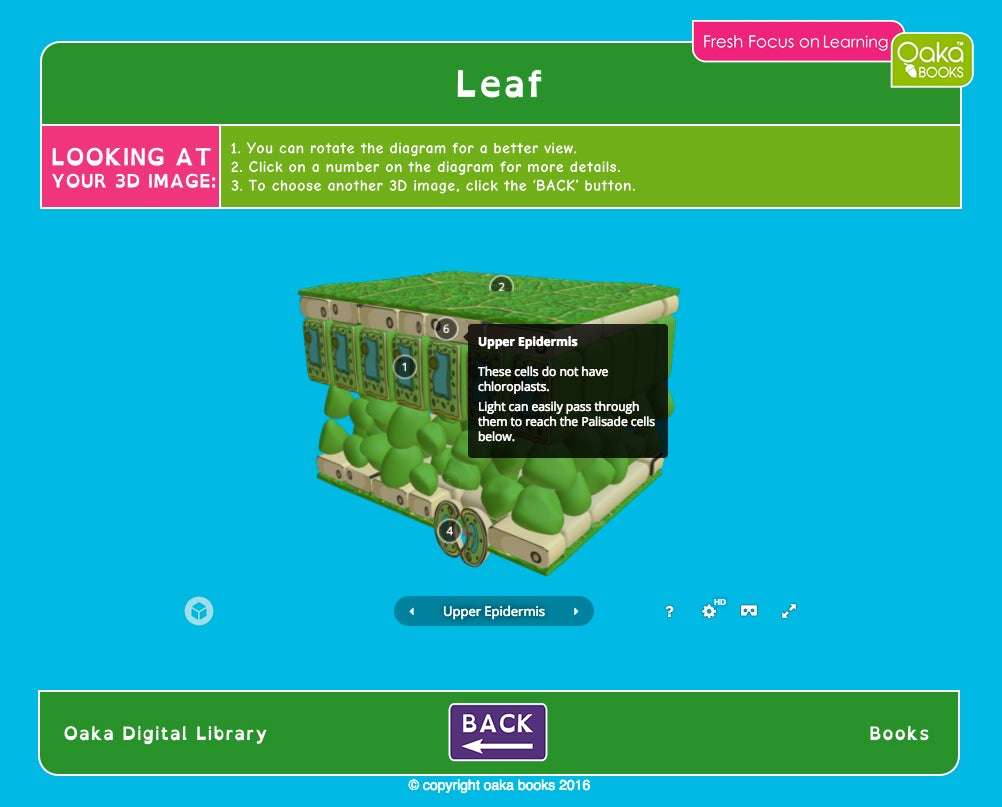We all learn more when we are interested, having fun and repeating information. How many songs do you remember the lyrics to years after you first heard them?
The ‘forgetting curve’ has been featured on the blog before because it is so essential to understanding how children retain information.
Also called the learning curve or Ebbinghaus’ theory, after its creator Hermann Ebbinghaus, a German psychologist living in the late 19th century, the forgetting curve shows how quickly memories are lost – but also, importantly, how to keep them “topped up” for the best retention of information.
For children doing revision this means “early and often” reviews and testing of the information. Half of all information learned is forgotten within a day and Ebbinghaus discovered the best times to practice and reinforce this knowledge to make it stick.
Ebbinghaus was a scientist doing these experiments on himself using word patterns but children need something a little more engaging. Games and quizzes keep them involved while also reinforcing the information they learn.
Practicing this retrieval of information strengthens the knowledge they are building and strengthens the synapses in the brain.
Games are a great way to have some fun in a revision session, and fun can boost a child’s learning too. But with games designed around curriculum topics they are accessing information, strengthening their memories and practicing recall that plays an important part in solidifying the information.
Quizzes too allow the pupils to test their knowledge and come back to the parts that need working on, forging and strengthening neural pathways and making it easier to recall the information next time. These targeted, mini revision sessions keep the learning fresh and top of mind.
Games and quizzes are an important part of the “early and often” revision process for long-term retention of information. Refreshing, reviewing and revising is the key to beating the forgetting curve.
So get the games out, beat the boredom of revision and make it fun!





